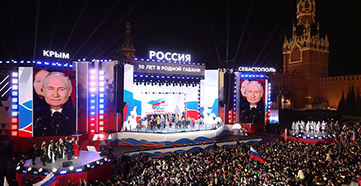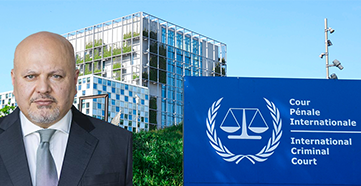BOOK
NOW
Conferences and webinars
Build networks and understand the latest legal developments.
Join the IBA for reduced conference rates among other benefits.
BOOK
NOW
Build networks and understand the latest legal developments.
Join the IBA for reduced conference rates among other benefits.

Implications of a fifth term

An interview with Prosecutor Karim Khan KC

Evgenia Kara-Murza on the price of opposing the Russian regime

What are the tools for keeping big tech's power in check?
The IBA’s Human Rights Institute works to promote and protect human rights and the independence of the legal profession.
Home